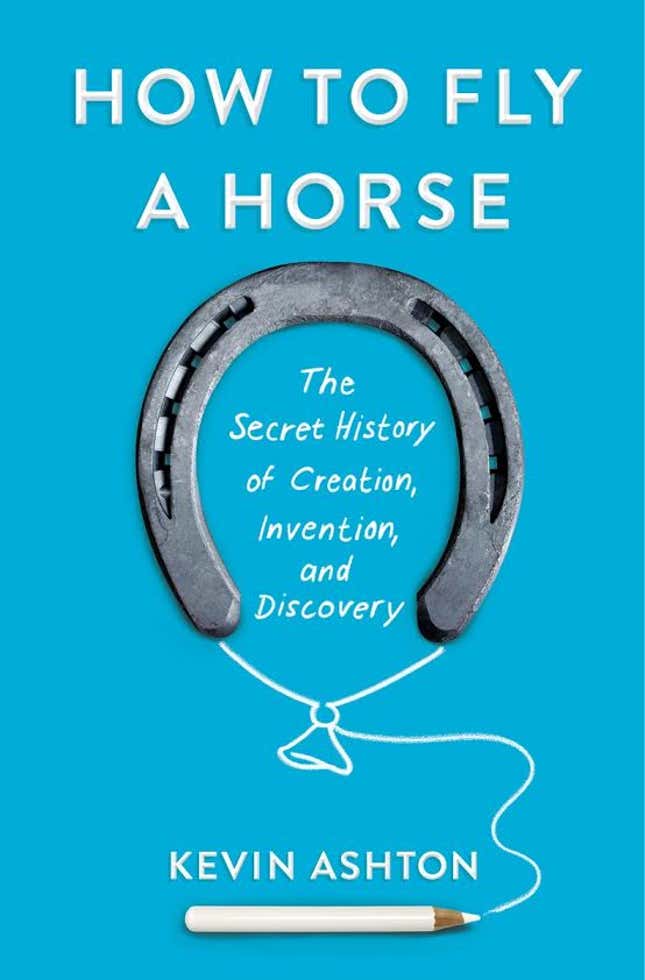The three most destructive words in the English language may be “before I begin.”
Oscar-winning screenwriter Charlie Kaufman: “To begin, to begin. How to start? I’m hungry. I should get coffee. Coffee would help me think. I should write something first, then I’ll reward myself with cof- fee. Coffee and a muffin. OK, so I need to establish the themes. Maybe banana-nut. That’s a good muffin.”
The only thing we do before we begin is fail to begin. Whatever form our failure takes, be it a banana-nut muffin, a tidier sock drawer, or a bag of new stationery, it is the same thing: a non-beginning, complete with that dead car sound, all click, no ignition. Having resisted the temptation of others, we must also resist the temptation of us.
The best way to begin is the same as the best way to swim in the sea. No tiptoes. No wading. Go under. Get wet and cold from scalp to sole. Splutter up salt, push the hair from your brow, then stroke and stroke again. Feel the chill change. Do not look back or think ahead. Just go.
In the beginning, all that matters is how much clay you throw on the wheel. Go for as many hours as you can. Repeat every day possible until you die.
The first beginning will feel wrong. We are not used to being with ourselves uninterrupted. We do not know the way first things look. We have imagined our creations finished but never begun. A thing begun is less right than wrong, more flaw than finesse, all problem and no solution. Nothing begins good, but everything good begins. Everything can be revised, erased, or rearranged later. The courage of creation is making bad beginnings.
Russian composer Igor Stravinsky, one of the great innovators of twentieth-century music, played a Bach fugue on the piano every morning. He started every day like this for years. Then he worked for ten hours. Before lunch he composed. After lunch he orchestrated and transcribed. He did not wait for inspiration. He said, “Work brings inspiration if inspiration is not discernible in the beginning.”
Ritual is optional, but consistency is not. Creating requires regular hours of solitude. Time is your main ingredient, so use the highest-quality time to create.
At first, creating for an hour is hard. Every five minutes our mind itches for interruption: to stretch, get coffee, check e-mail, pet the dog. We indulge an urge for research, and before we know it we have Googled three links away from where we started and are reminding ourselves of the name of Bill Cosby’s wife in The Cosby Show (it was Clair) or learning what sound a giraffe makes (giraffes are generally quiet, but they sometimes cough, bellow, snort, bleat, moo, and mew). This is the candy we give ourselves.
What solitude creates interruption destroys. Science describes the destruction unequivocally. Many experiments show the same things: interruption slows us down. No matter how little time is stolen by interruption, we lose even more time reconnecting to our work. Interruption causes twice as many mistakes. Interruption makes us angry. Interruption makes us anxious. These effects are the same among men and women. Creation knows no multitasking.
Interruption, unfortunately, is also addictive. We live in an interruption culture, and it conditions us to crave interruption. Say no to the itch. More “no’s” equals fewer itches. The mind is a muscle that starts soft but becomes long and lean with use. The more we focus, the stronger it gets. After that first difficult hour, several seem easy. Then we not only work for hours but also feel wrong if we do not. A change comes. The itch is not for interruption but for concentration.
As we sit with our pens poised above the pages we aim to turn into a novel, scientific paper, work of art, patent, poem, or business plan, we can feel paralyzed—and that’s only if we can summon up the courage to sit in the first place.
While knowing that this is a natural and normal part of the creative process may ease our minds a little, it may not make us more productive. We look around for inspiration. This is the right thing to do, only much of art lies not in what we see but in what we don’t. When we envy the perfect creations of others, what we do not see, what we by definition cannot see, and what we may also forget when we look back at successful creations of our own, is everything that got thrown away, that failed, that didn’t make the cut. When we look at a perfect page, we should put it not on a pedestal but on a pile of imperfect pages, all balled or torn, some of them truly awful, created only to be thrown away. This trash is not failure but foundation, and the perfect page is its progeny.
Good writing is bad writing well edited; a good hypothesis is whatever is left after many experiments fail; good cooking is the result of choosing, chopping, skinning, shelling, and reducing; a great movie has as much to do with what ends up on the cutting room floor as what does not.
To succeed in the art of new, we must fail freely and frequently. The empty canvas must not stay empty. We have to plunge into it.

